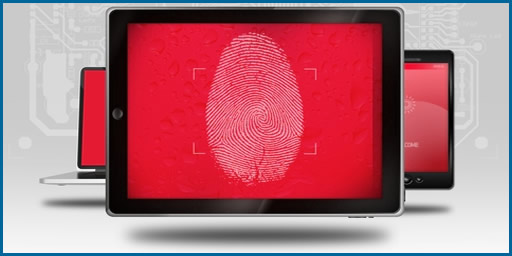When people talk about the USA’s fastest-growing companies, “Uber” is one of the first words out of their mouths. An obstacle to the growth of Uber and other ride-sharing companies such as Lyft has emerged — a movement to require the industry to give its prospective drivers fingerprint background checks.

As of the summer of 2016, none of the more than 30 states that regulate the ride-sharing industry require companies in the industry to fingerprint their drivers, reports the Press of Atlantic City in an article entitled “Uber OK with New Jersey attorney general deciding on background checks.” However, states like California, Massachusetts, and New Jersey as well as several cities are considering imposing these requirements, according to the U.S. News & World Report article “Uber, Lyft battle governments over driver fingerprint checks.”
Representatives from Uber and Lyft contend that the background screening checks conducted by the companies are as safe as fingerprint background checks and take as little as 24 hours while fingerprint background checks can take up to five days. The extra time slows down the hiring of drivers and increases pickup times. Consequently, the proposed requirements jeopardize their business, company reps say.
In addition, Uber’s experience in Houston, where more than 19,000 drivers passed the company’s background screening check but later took a city-mandated fingerprint background check, proved that drivers who passed the non-fingerprint background check were just as reliable as drivers who were fingerprinted, Uber head of public policy for safety Dorothy Chou told U.S. News & World Report. Uber’s prospective drivers’ names as well as their license and Social Security numbers were checked in local court records and national criminal databases as well as a federal sex offender registry.
Advocates of fingerprinting contend, though, that it is more accurate than name checks. Jay Wachtel, a criminal justice expert, told U.S. News & World Report that fingerprint background checks are “eons beyond what you could do in a name check.” In addition, prosecutors in Los Angeles and San Francisco sued Uber after claiming that 25 drivers who passed the company’s background screening had criminal histories.
Ride-Sharing Companies Oppose Fingerprint Background Checks
Uber and Lyft’s opposition to fingerprint background checks is so strong that they left Austin, Texas, after the city mandated them. The two companies have also threatened to leave other cities and states that pass fingerprint background check laws and have hired former Attorney General Eric Holder to fight proposals to require fingerprint background checks in Chicago and New Jersey. Chicago’s City Council voted in June of 2016 to require fingerprinting if an independent study concludes it is fair and safe, reported CNBC in an article entitled “After Austin, Uber and Lyft could leave Chicago too.
”Holder wrote (to Chicago and New Jersey) that because of deficiencies in the FBI’s database, fingerprint checks can prevent people from getting jobs even if they never were convicted,” reported the Press of Atlantic City article. “He said they can discriminate against minorities.”
Lyft and Uber contend that taxi companies are responsible for the recent increase in the number of cities and states that are considering requiring ride-sharing services to conduct fingerprint background checks. Taxi drivers in most major cities are fingerprinted, the U.S. News & World Report reported.
Disclaimer Statement: All information presented is never intended as legal advice and is for information purposes only.



Leave a Reply